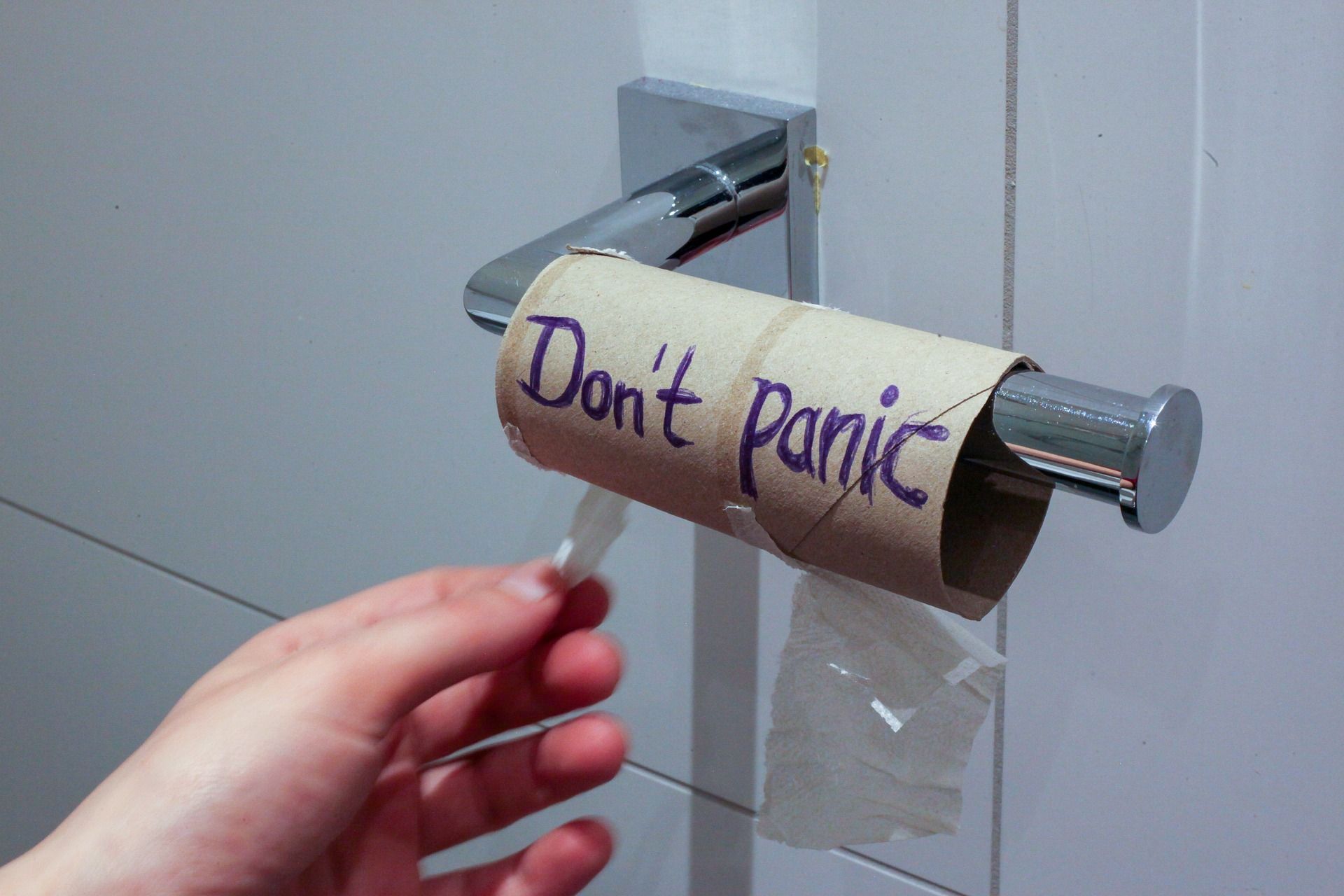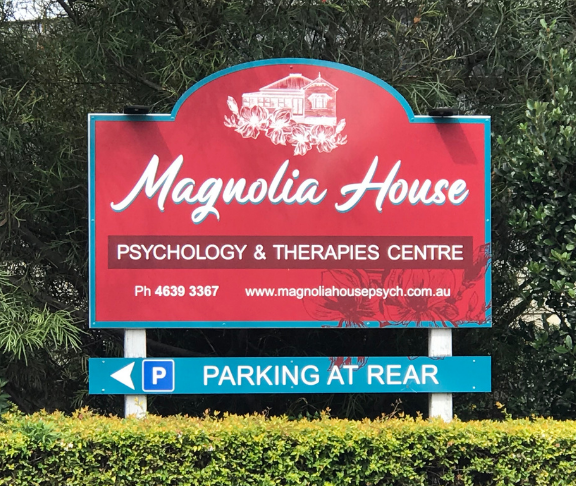Your Committed Mental Health Partner
Magnolia House Psychology And Therapies Centre
A team of experienced practitioners offering a comprehensive range of counselling and assessment services for individuals, couples, families, and organisations.
Individual Counselling
Our team of Toowoomba psychologists and counsellors offers therapy for individuals of all ages and situations. We support people through a wide range of difficulties and challenges, such as anxiety, depression, workplace stress, grief, change of life circumstances, addiction, anger, illness, and life’s overwhelm, just to name a few.
Couple & Family Counselling
Families and couples face many challenges; our Toowoomba counselling team is highly experienced in supporting couples and families through relationship stress, changes, transitions, and the trials and tribulations of staying together or working together in this society.
EAP / Workcover
We work with many organisations and Employee Assistance Programs and can offer support for a wide range of difficulties, such as workplace stress or conflict, life difficulties, or any of the individual needs previously mentioned. We also offer support for you if you are currently supported by Workcover and require support to return to work or transition to something different.
NDIS Psychological Therapy
Our Toowoomba-based therapists are qualified to offer therapy and assessment to individuals under NDIS funding. This support may be individual psychological therapy, parent training and support for early intervention, support worker training in managing the needs and emotions of their participant, as well as functional and cognitive assessments for NDIS access or reviews.
Assessment
Our therapists can offer assessments in a wide range of areas, such as Cognitive assessments, functional assessments, learning difficulties, or Gifted assessments, and psychological functioning assessments.
Workshops & Training
Some of the areas we are often asked to provide workshops in are organisational conflict resolution and management, workplace communication and stress reduction, sleep, wellbeing, change management, trauma relief, education stress management, resilience, as well as significant incident debriefing, just to name a few.
Career Counselling
The average person spends around 90,000 hours at work over their lifetime. What you do for work can have a huge impact on your quality of life. Getting help from a career professional will help you explore, re-evaluate, make decisions, plan, and move forward in your career with optimism and confidence.
FAQs
-
Appointments
Q: Can I get an appointment immediately?
A: Most of our practitioners have waiting times. Our reception staff will do their best to give you the earliest appointment available. We appreciate that this can be frustrating and value your patience.
-
Choice of Therapist
Q: Can I choose my therapist?
A: Yes. You can talk to our friendly team about your preferences for a therapist.
Resources



Thought For The Day

I am an old man and have known a great many troubles, but most of them never happened.
Mark Twain

Life is not about waiting for the storm to pass; it is about learning to dance in the rain.
Vivian Greene

If you think you are too small to make a difference, try sleeping with a mosquito.
Dalai Lama
Button
Contact Us
66 Lindsay Street, Toowoomba, QLD 4350
Mon to Fri: 8:15am to 5:15pm (after hours appointments available)
Magnolia House Psychology and Therapies Centre is a team of experienced practitioners offering a comprehensive range of counselling and assessment services for individuals, couples, families, and organisations.
Or you can leave us a message:
Home Page Form
We will get back to you as soon as possible.
Please try again later.
10
Mental Health Practitioners
150+
Years Combined Experience
20
Years In Our Community
200+
Professionals We Work With
Magnolia House Psychology and Therapies Centre at a glance
COPYRIGHT © MAGNOLIA HOUSE PSYCHOLOGY & THERAPIES CENTRE. ALL RIGHTS RESERVED.
Website maintained by Social Space





